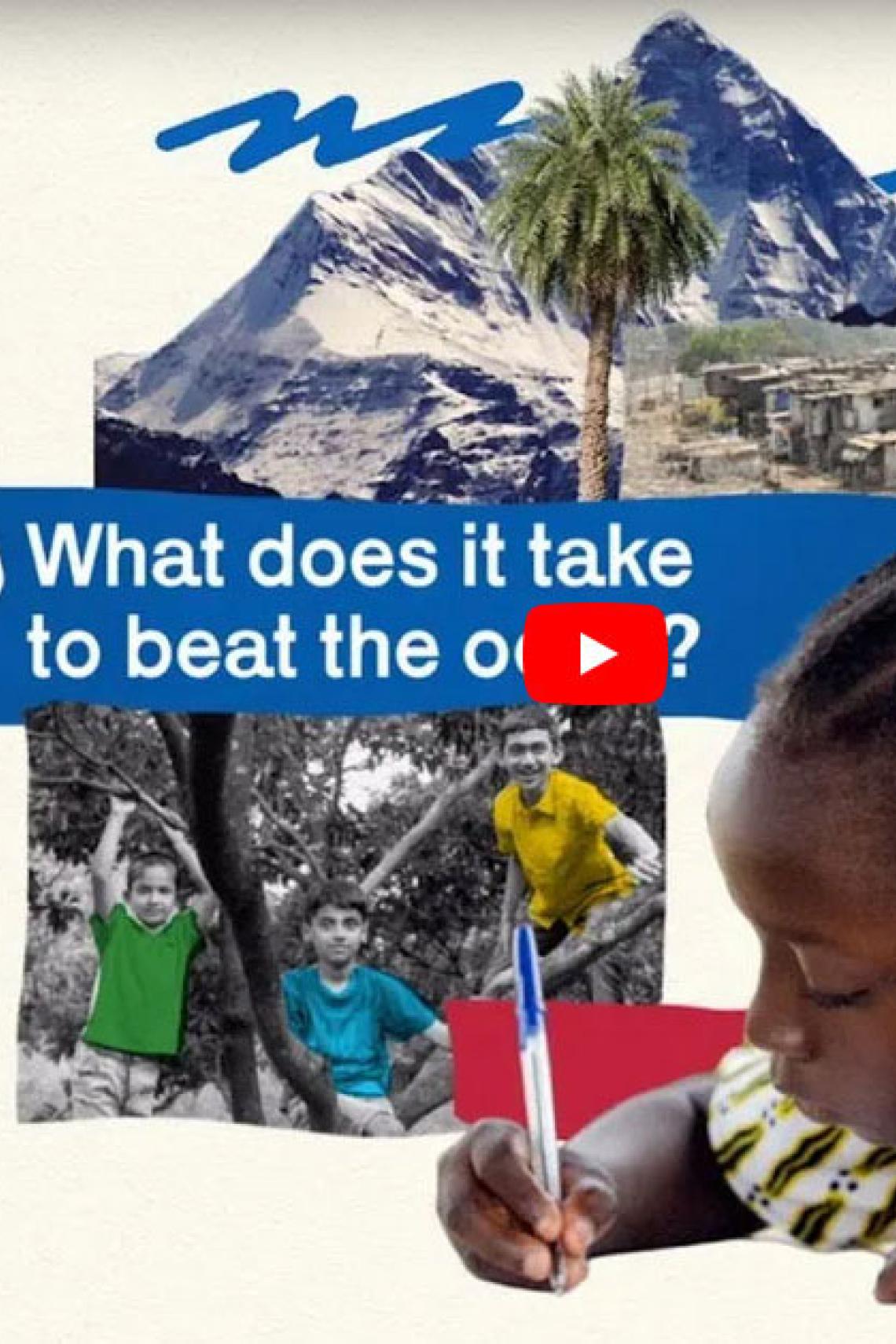Young Lives research features in new BBC Ideas film
Young Lives research on why some children beat the odds despite a poor start in life features in an exciting new film, co-produced by BBC Ideas and the University of Oxford's Social Science Division, out today.
Why do some children beat the odds? is narrated by poet and writer Lemn Sissay who explores why some children from poor backgrounds fare well despite the odds being stacked against them. Using research from Young Lives as a starting point, Lemn offers his take on three common factors that can help children beat the odds. More information on the Young Lives research featured in the film is available on our new webpage here.
The four films were selected by BBC Ideas from 80 expressions of interest submitted earlier this year by faculty members and research staff from departments across the Social Sciences Division.
The five minute film is one of four which offer a fresh perspective on topics from climate change and the environment to international development and anthropology. Together they bring academic research to life and provide key facts and takeaways.
Five things you probably didn't know about periods – Menstruation is a natural process that affects half of the world’s population during their lives, but it’s little understood. Gabriella Kountourides, doctoral candidate at the School of Anthropology and Museum Ethnography dispels some of the myths around menstruation while shedding light on recent findings.
Why beans really are magic – Beans are highly versatile, nutritious, cheap and great for the environment because they can fix nitrogen from the atmosphere into the soil, reducing the need for synthetic fertilisers. TABLE, a global platform promoting critical thinking and debate on the future of food, explain why the future is looking decidedly “beany” (and you can read more about this research here
How to keep cool (without heating the planet) – There are currently 1.6bn air conditioners in the world, and that number is expected to treble by 2050. Emissions from powering air-con appliances will also grow exponentially, according to research by the team at the Smith School of Enterprise and the Environment. What alternative solutions can help us cool our cities and homes?
Read more about how the film came about here. All the films are available to watch online now here.
BBC Ideas produces a variety of thought-provoking short films and videos aimed at a general audience of under-35s that are designed to offer a fresh perspective across a broad range of topics and issues.

